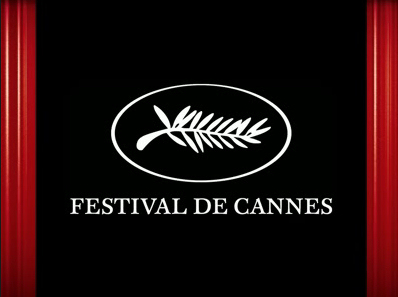It's Over! Hot Docs '12 Finale Edition
 Tuesday, May 8, 2012 at 8:00AM
Tuesday, May 8, 2012 at 8:00AM The Hot Docs Festival wrapped late last week and a jury handed out awards on Friday.
 Call Me Kuchu
Call Me Kuchu
I saw Call Me Kuchu after it won Best International Feature (each year they play three award winners during the festival's last evening). I had tried to avoid the movie because depression and anger aren't emotions I like feeling, especially with something that affects me on such a personal level. The anger is rooted in denial. I'd like to think that the struggle is over for LGBT people but it isn't in so many communities and countries.
"Kuchu" is a pejorative umbrella term referring to homosexuals, male or female, for Uganda's homophobic government and majority opinion. Directors Malika Zouhali-Worrall and Katherine Fairfax Wright follow a small group of gay activists in this hostile environment and focus on David Kato in particular. His violent death took place during this documentary's production. His murder sparked outrage in the Western world but Uganda's government and majority resent the Western interference in their policies.
One of the other movies given an additional screening was Nisha Pahuja's The World Before Her, which also made a splash at Tribeca. It won the top prize of Best Canadian Feature and $10,000. This documentary compares contestants of the Miss India pageant with young women of the same age toting guns in Hindu fundamentalist camps, exposing the lack of options for social and economic mobility of young woman in India. According to the CBC, Pahuja's previous credits include TV doc Diamond Road and it took her two years to gain access to the fundamentalist camps. More award winners after the jump.

 Africa,
Africa,  Asian cinema,
Asian cinema,  LGBT,
LGBT,  documentaries,
documentaries,  film festivals
film festivals 







